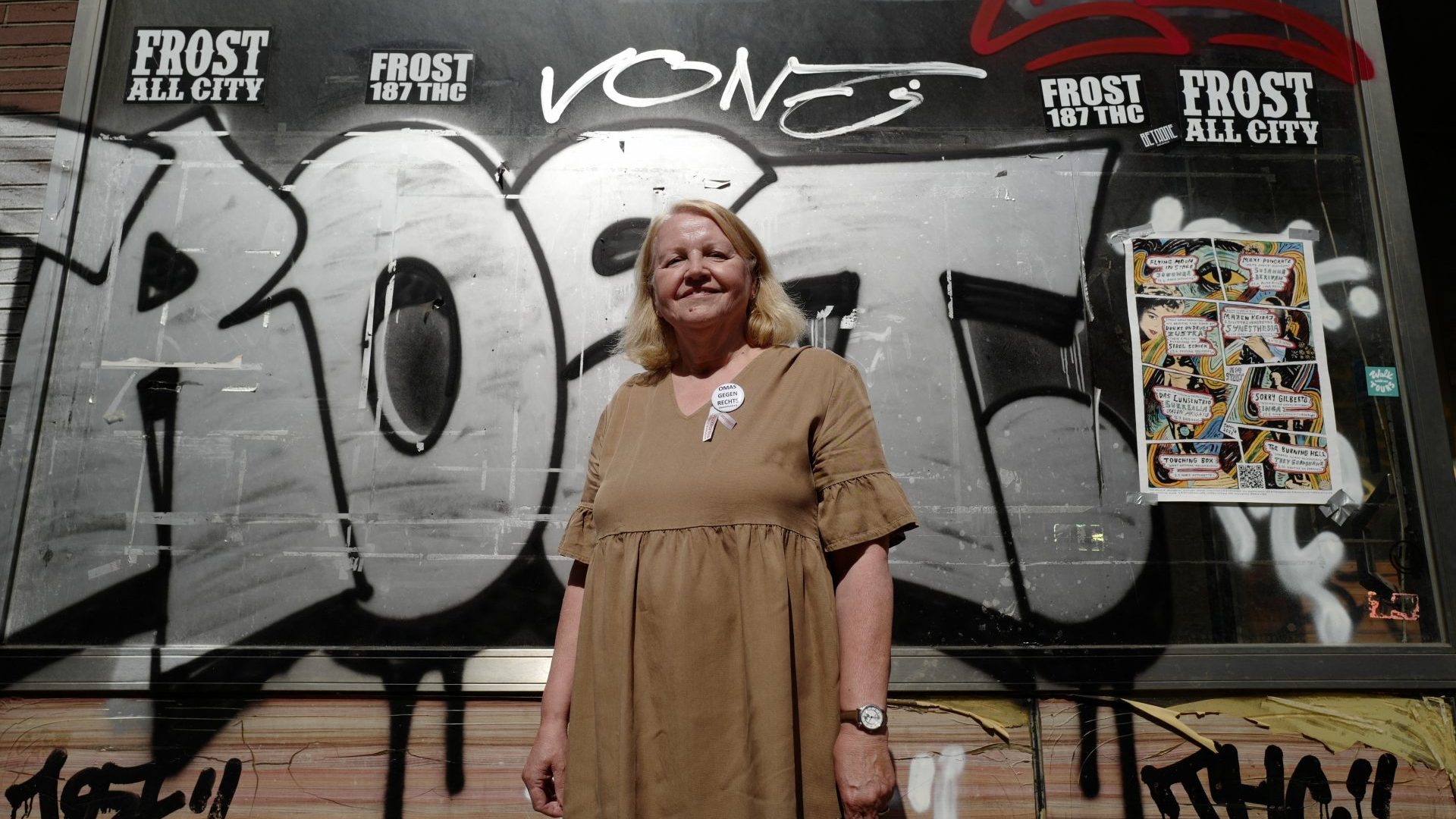There’s no point in denying it: the situation has become untenable. Well, it had already been untenable for some time, but it is now impossible to ignore. X, the artist formerly known as Twitter, is a toxic platform, run by a toxic man for toxic ends.
Gone is the social media platform that, though messy, did feel at times like a real global public square. Under Elon Musk, it has steadily been getting worse and worse, and increasingly more dangerous. The question, then, is: what are we still doing there?
By “we”, in this scenario, I mean Westminster and Fleet Street – the people making the laws and those making the news. For years we conducted our business on Twitter; it’d never felt like a conscious choice anyone had made. Instead, people had joined and joined, and somehow Westminster had ended up creating its own online bubble on the app.
It is now looking like this era is finally coming to an end. Earlier this week, several Labour MPs announced that they would be leaving the platform altogether, or at the very least try to scale back their use as much as possible. Among them was Jess Phillips, a Home Office minister and former prolific tweeter.
Though it does not quite feel like a seismic shift yet, it does appear to be the beginning of the end of this symbiotic relationship between British politics and Twitter. In some ways, it is unquestionably a good thing. Musk is a bad, mad and dangerous man. He derives his power from his many business ventures and his immense wealth but, in some ways, it largely comes from the influence Twitter wields on global politics and current affairs.
Strip him of the politicians, journalists and other opinion makers spending their day on his website, and his reach would be dramatically curtailed. Really, it should be a no-brainer. The reason it isn’t is because, despite Musk, Twitter did change parts of the world for the better.
This may seem like a controversial statement, but try to think about what British politics was like before everyone got truly online. There was no way of knowing what, say, your local MP thought about an issue, or how they chose to behave. You could not see what they decided to focus on day-to-day, who they engaged with, and how they justified voting this way or that.
You couldn’t get in touch with them directly with a quick query; you couldn’t raise an eyebrow at the way they interacted with certain journalists or other politicians. Crucially, all those interactions did used to happen; they just took place physically, in private places away from the public eye.
Similarly, journalism was changed for the better by Twitter. I should know: I wouldn’t be writing this today without it. I came in with no contacts and no great university degree; my career was built nearly entirely online. I got in touch with sources and with editors on Twitter; got endless ideas from my timeline, and connected with people who would have also been stuck on the outside, had the internet not democratised our trade.
Had I been born ten or 20 years earlier, it feels likely that I would have tried to become a journalist but, lacking the correct pedigree, would have found myself on the outside looking in, like a Dickensian orphan at Christmas. This is why I struggle to sympathise with the people who claim that leaving Twitter is an easy choice to make. No-one is denying the fact that Musk is a danger to the world, and using his platform is enabling him. That doesn’t mean that deciding to leave it all behind would have no consequences.
As a result, I have no idea what to do. I realise it’s not a fashionable thing to admit in a column but here we are. Should I leave Twitter? Should you? I just don’t know. You probably should but I won’t blame you if you don’t – that’s where I stand, at least for now. I think that we’ll all end up decamping eventually, as Musk ends up getting worse and worse, but I worry about it. I reckon we’ll miss Twitter when it’s gone.




